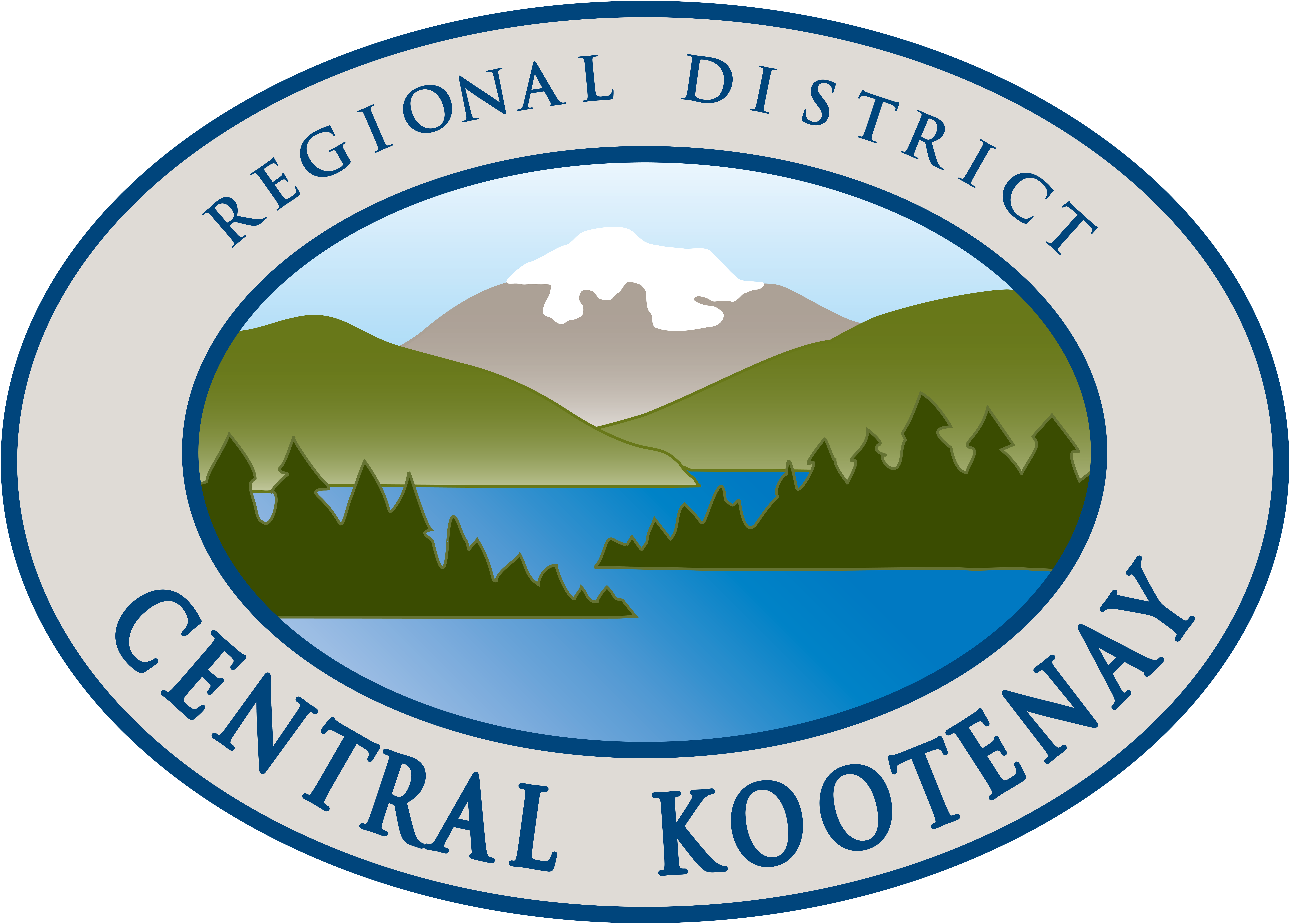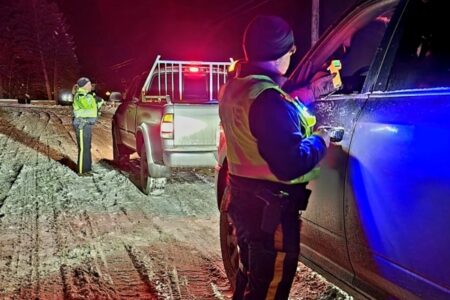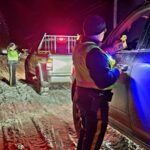Grohman Narrows, Ootischenia, and Central Transfer Sites Open for Organics Waste Disposal
The Regional District of Central Kootenay (RDCK) is pleased to announce the opening of three organic waste disposal sites. Starting January 22, 2024, all customers, residential and commercial, will be able to utilize the new service of separated organic waste disposal. Grohman Narrows, Ootischenia, and the Central (Salmo) facilities will be able to accept organic waste during regular hours of operation for each site.
Accepted materials include all food wastes, such as fruit and vegetable scraps, meats, small bones, cooked food, grains, and dairy, as well as food soiled paper products, and other material fit to be composted in the RDCK’s new composting facilities. Items such as glass, plastics, metals, and other household wastes or recycling are not accepted. As well, compostable plastic products are not included as an accepted item. For more information on accepted and prohibited items, customers are encouraged to visit rdck.ca/organics, or review Schedules H & I of the RDCK Resource Recovery Facilities Regulatory Bylaw.
Once brought to the composting facilities, the collected material is mixed with chipped, clean wood waste, yard and garden materials, and food scraps from surrounding community organics collection services. For example, collected materials from the City of Castlegar Green Bin Program is brought to the Ootischenia Landfill, where it is then transferred to the Central (Salmo) composting facility for processing.
The Creston Landfill has been accepting organic waste from all sectors since the Creston composting facility opened in June of 2022. For the communities in and around Nelson, Castlegar, and Salmo, the additional organic waste disposal sites will provide a great alternative to throwing organics in the garbage whenever backyard composting, curbside collection, drop-off, or other options are not available.
The addition of these three facilities for the collection of organic waste allows more residents, businesses, and institutions to utilize separated organic waste disposal at a reduced cost.
While mixed waste is now $151.25 per tonne, organic waste can be disposed of for $96.75 per tonne. Customers can bring in organic waste by the container (max 121 liters) and only be charged $2.50 for the first four containers. However, if brought in with mixed waste (garbage), customers can dispose of one container of separated organic waste for free! This is a pilot incentive program to encourage customers to separate their organics from the rest of their garbage whenever possible.
The RDCK is committed to keeping organic waste out of the region’s landfills and supporting reduction in per-household waste. In our landfills, organic waste creates significant problems.
- It takes up finite landfill space, impacting capacity and lifespan of these costly sites.
- It pollutes the environment through contributing to the generation of leachate (run-off from landfills).
- When it rots in an oxygen-poor environment such as a landfill, large amounts of methane are generated.
- Landfill-generated methane accounts for up to 23% of national methane emissions.
- As a greenhouse gas, methane has a global warming potential more than 80 times greater than carbon dioxide (CO2) over a 20-year period.
Diverting this material to composting facilities greatly reduces the negative impacts of landfilled organic wastes. Additionally, composting is a great way for us to turn waste products into a resource that is valuable to local communities for the production of healthy soils, plants, and food.
The RDCK Organic Waste Diversion Program, including construction of the composting facilities, transfer station upgrades, and start-up costs for municipal curbside green bin programs have been generously funded by the Federal and Provincial Governments, and the Columbia Basin Trust. The RDCK gratefully acknowledges the assistance of these funders.
To find out more about the RDCK Organics Waste Diversion Program and view facility hours of operation, go to www.rdck.ca/organics. To ask a question about the organic waste diversion program, go to https://engage.rdck.ca/organics, email organics@rdck.ca, or call 250-551-6647.
























Comments